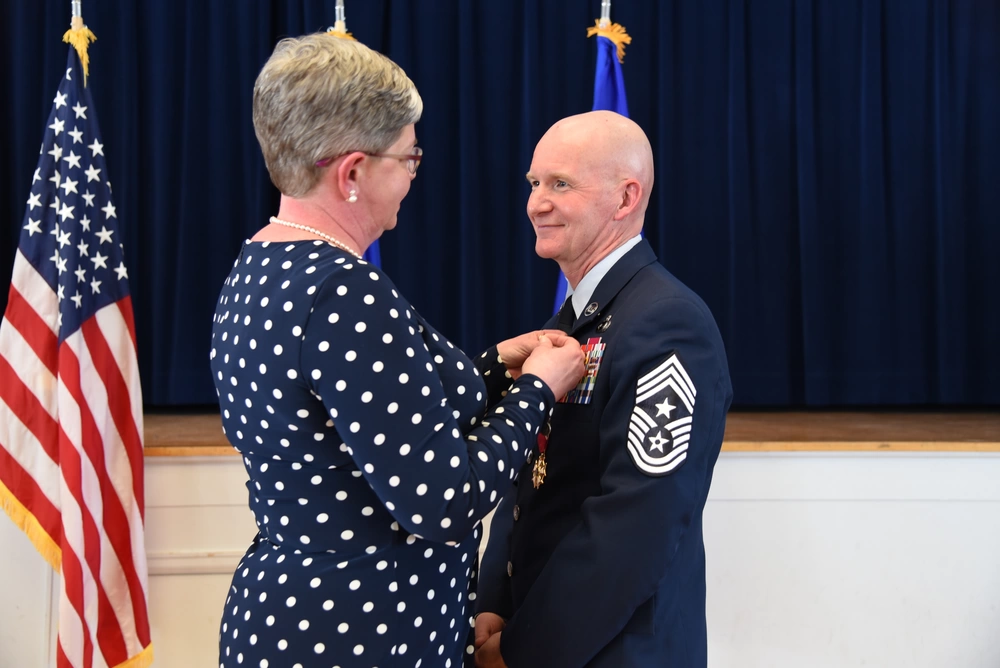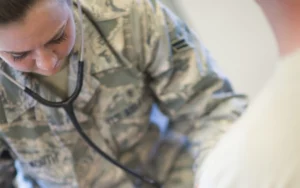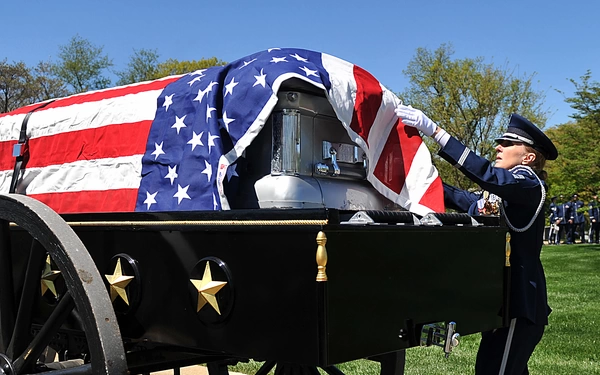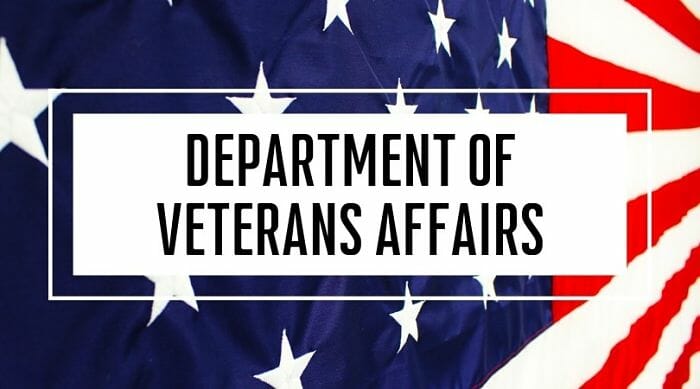Uncategorized
The Journey of Transition
The Journey of Transition
**All of this information has been taken from the VA Transition Guide. We have broken down the information into much easier pieces for you to navigate.** 
Taking those first steps
You’re getting ready to transition and you have decisions to make. No two transitions look the same. You have different circumstances surrounding your family, your health, your employment and all of the other details that make up a life. One thing all service members have in common, is that each of you will be making the transition back to civilian life.
What does your path look like?
- You will need to complete the required paperwork for your transition and make sure you have all ID cards, Insurance, and your Separation form (Read the blog with more details about where to begin HERE).
- You will need to make sure your family is being supported during this transition time/
- You will need to get career ready for your transition back to civilian life (Read our blog on helpful Resume services HERE, and check out some fantastic credentials we offer to give you an edge over other applicants HERE).
- You will need to find a place to live.
- You will need to maintain your health.
- You will need to connect with your community.
Let’s Look More in Detail at Step #2 – Supporting your family
Who are you planning to support?
-
- Yourself
- Your spouse, domestic partner or significant other
- Your child(ren) or dependent(s)
- Your parent(s)
- Extended family member(s)
Where can I learn more?
For any questions related to your benefits, visit: VA Benefits for Service Members.
For any questions related to VA benefits for spouses, domestic partners, dependents, survivors and family caregivers, visit: VA Benefits for Spouses, Dependents, Survivors and Family Caregivers.
Through your service to our country, you may be eligible for:
Monetary and support benefits to help you, including:
-
- Disability compensation
- Related disability benefits
- Dual compensation benefits
Benefits to support your loved ones, including:
-
- Life insurance
- Burial and memorial benefits
- Education and monetary benefits for dependents and survivors
If you are injured or ill because of your service, you may be eligible for monetary and support benefits.
Where can I learn more? VA Disability Information.
Separation Health Exam
 Do I need a physical exam? he DOD requires every Service member to have a physical before separation, typically the Separation History and Physical Exam (SHPE). If you’re applying for disability compensation, you must undergo a specific type of exam, VA’s Separation Health Assessment (SHA).
Do I need a physical exam? he DOD requires every Service member to have a physical before separation, typically the Separation History and Physical Exam (SHPE). If you’re applying for disability compensation, you must undergo a specific type of exam, VA’s Separation Health Assessment (SHA).
Integrated Disability Evaluation System
The DOD uses IDES to determine a Service member’s fitness for duty. If DOD finds the Service member medically unfit for duty, IDES gives them a proposed VA disability rating before they leave the service. The proposed rating informs the Service member of their approximate amount of VA compensation and benefits.
Life Insurance Benefits
VA life insurance is one way to provide peace of mind for your family.
-
- The VA has life insurance programs that don’t require you to prove good health. This is especially important if you have service-related conditions that might affect your eligibility for a private life insurance plan.
- You can take your VA life insurance with you wherever you work or live. You don’t lose coverage when you change jobs or move to a new state.
- The VA even has life insurance programs for those who experienced traumatic injuries during their service. Veterans who suffer losses due to traumatic injuries incurred in service may qualify for traumatic injury benefits.
The VA offers several types of life insurance benefits for your specific situation. Consider your options early—there are strict deadlines you don’t want to miss. You can find information about all types of VA life insurance programs using the interactive Overview of VA Insurance Benefits.
You can also use the Life Insurance Needs Calculator. The calculator asks for information to determine your current assets, the income your survivors will need and your financial obligations. By subtracting your total assets from your total financial obligations and income needed, the calculator arrives at the amount of life insurance you need.
Servicemembers’ Group Life Insurance (SGLI)
The low-cost term life insurance coverage for members of the uniformed services, SGLI is the benefit that provided your life insurance while you were in the military. Some Service members may also have Family Servicemembers’ Group Life Insurance (FSGLI) coverage for their spouses and dependents.
What do VA burial benefits provide?

VA burial benefits include all the following, at no cost to the family:
-
- A gravesite in any VA national cemetery with available space
- The opening, closing and continuous care of the grave
- A government headstone, marker or medallion (including faith-based markers)
- A burial flag
- A Presidential Memorial Certificate
- A monetary burial or plot allowance (in some cases)
Monetary Benefits for Survivors
If you’re a surviving spouse, domestic partner or child of a Service member who died in the line of duty, or the survivor of a Veteran who died from a service-related injury or illness, you may be eligible for tax-free monetary benefits or monthly pension benefits.
Benefits for spouses, domestic partners, dependents and survivors may include but are not limited to:
-
- Health care (Civilian Health and Medical Program of the Department of Veterans Affairs [CHAMPVA], TRICARE).
- Education and training (Survivors’ and Dependents’ Educational Assistance [also known as Chapter 35] and Fry Scholarship).
- Survivors pension.
- Survivor and dependent compensation.
Dependency and Indemnity Compensation
Dependency and Indemnity Compensation (DIC) is a tax-free monetary benefit paid to eligible survivors of Service members who died in the line of duty, eligible survivors of Veterans whose death resulted from a service-related injury or disease, and eligible survivors of Veterans who died after an extended period of 100% service-connected disability.
Survivors Pension
Managing Monetary Benefits and Fiscal Stewardship
Veterans Benefits Banking Program
The VA, in partnership with the Association of Military Banks of America, sponsors the Veterans Benefits Banking Program (VBBP). VBBP is the fastest, safest and best way for Veterans and their beneficiaries to receive and manage their VA monetary benefits. Any Veteran or beneficiary who receives federal monetary benefits and who wishes to receive funds electronically can participate in VBBP.
Why should I choose direct deposit and VBBP?
-
- Safety: Funds are electronically transferred to FDIC- or NCUA-insured financial institutions. If your money is stolen from your account, it will be quickly restored. If your paper check or debit card is lost or stolen, it can take months to recover those funds.
- Flexibility: There are many ways you can access your money including debit cards, checks, online money transfers between accounts, etc.
- Fee avoidance: You receive overdraft protection plans, timely alerts and notifications, electronic bill payments, etc.
- Establishing credit: You can access credit to buy a home or car or fund education.
- Fast: You can use your computer or smartphone and quickly access your account and manage your funds from your home or while traveling.
This post has been a general overview of the ways you are able to support your family through this transition time. Please read our other blogs that examine in more detail to learn more about each subject you read in this outline.
**As a reminder, all of this information has been taken from the VA Transition Guide. We have broken down the information into much easier pieces for you to navigate.**
Want to learn more useful tips for the return to civilian life? Read more HERE.
Want to read more great blogs? Click HERE for your reading pleasure.


